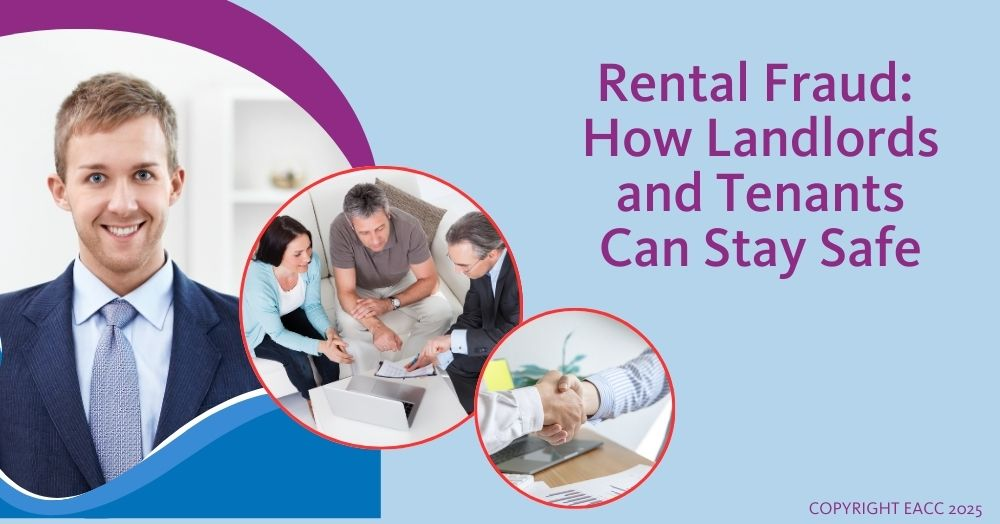In this three-minute read, we look at how landlords can gain the winning edge, starting with deposit disputes.
We know the Olympics have just finished but indulge us if you will as we explain how a popular sports-related concept used by top athletes can help landlords.
You might already be familiar with the theory of ‘marginal gains’. It’s based on the notion that you’ll reap major rewards if you make small, incremental improvements across several areas.
If you’re a cyclist, you might focus on improving your nutrition, recovery, and mindset. While each small gain isn’t necessarily game-changing, put them together and you’ve got the winning edge.
What’s this got to do with landlords?
Landlords juggle an array of responsibilities. Success isn’t based on getting one thing right – it’s about consistently getting lots of things right.
A good place to start is by looking at the end-of-tenancy process and the areas where landlords most commonly withhold deposits.
1) Cleaning
By far the most significant source of friction between tenant and landlord, cleaning causes 49% of deposit disputes*.
2) Damage
Property damage, such as broken furniture, carpet stains, and marks on the walls, is the cause of 35% of disputes.
3) Redecoration
About 26% of disputes are over redecoration costs – for example, when a landlord has to give mucky walls a lick of paint or replace stained carpets post-tenancy.
Here’s how landlords can make marginal gains
Check-in inventory
They say the devil is in the detail, but a thorough check-in inventory can be a landlord’s saviour. It should combine clear, precise descriptions with good quality photographs.
Ensure you include the condition of outdoor areas and the garden and note the standard of cleanliness inside.
State if the property has been recently professionally cleaned or decorated (and keep the relevant invoices).
If you’re still unsure what a top-notch inventory looks like, get in touch with us here at Scottish Property Centre, and we can provide more detail.
Communication
Make an effort to build a professional rapport with your tenant and always respond promptly when they raise issues.
Towards the end of a tenancy, outline your expectations, particularly on the issue of cleanliness.
Often, problems arise because a landlord expects a professional standard of cleaning covering all nooks and crannies, while a tenant thinks a quick once-over of major surfaces will suffice.
Regular inspections
Regular visits send a clear message to your tenant that you are on the ball. They’re more likely to treat your property with respect if they know you’ll be turning up regularly to look over things.
If you do notice any damage, discuss it with your tenant, so they can make suitable repairs.
For more advice about successful property management, get in touch with us at Scottish Property Centre.
*All figures from the 2020/21 Tenancy Deposit Scheme annual report.


 By
By 



Share this with
Email
Facebook
Messenger
Twitter
Pinterest
LinkedIn
Copy this link